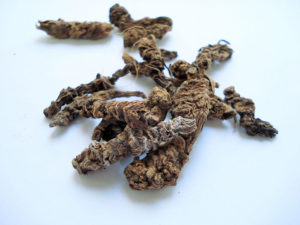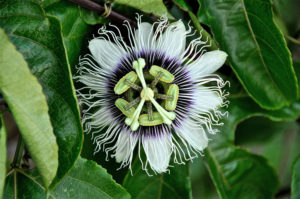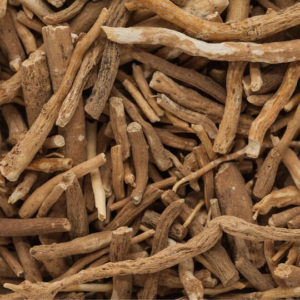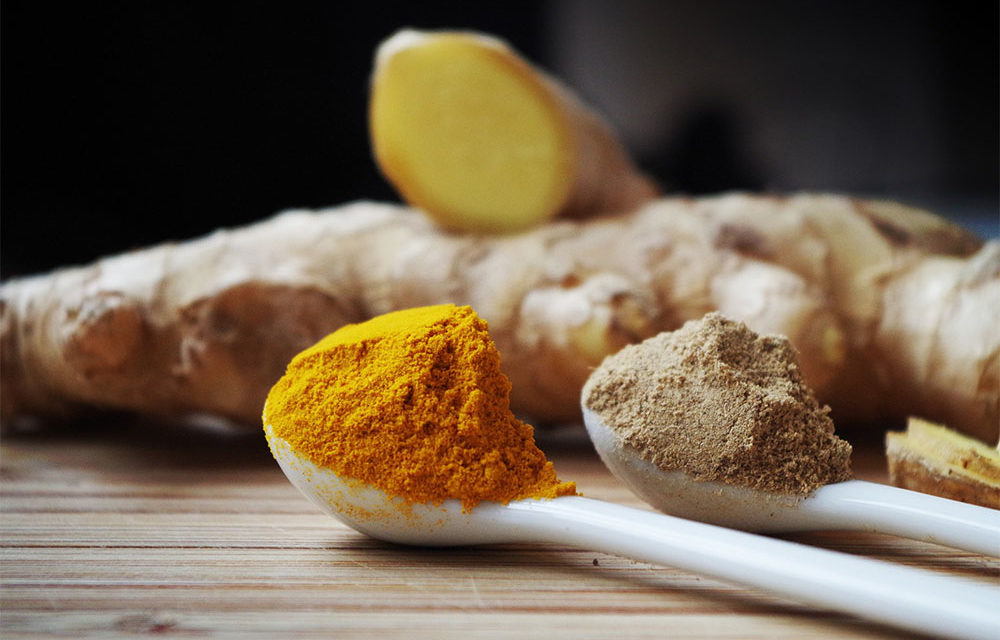Natural beta blockers have been shown to significantly reduce anxiety without the side effects of many pharmaceutical medications. Of course, you’ll want to consult with your doctor before using natural beta blockers in order to avoid any potential negative interactions or reactions from other medications you may be taking.
If you are currently taking drugs like Propranolol, here are three natural beta blockers that you can try today.
 1) Valerian Root
1) Valerian Root
Valerian Root is a natural beta blocker that can be found in many forms including capsules, tea, and tinctures. This herb has been used for centuries to help reduce anxiety and promote relaxation.
While there is some scientific evidence to support these claims, more research is needed. If you’re interested in trying Valerian Root, be sure to talk to your doctor first, as it can interact with certain medications. It’s also important to note that while this natural alternative may work well for some people, others may experience unwanted side effects such as dizziness or headache.
If you do decide to try Valerian Root, start out with the lowest dose possible and gradually increase the amount each day until you find the amount which best suits your needs.
You can either drink one cup of valerian root tea at night before bedtime or take a few capsules before bedtime. Make sure to talk to your doctor about any other health conditions before starting a natural remedy, as they may interfere with medication and could have negative interactions.
Side effects from natural remedies like Valerian Root are usually mild but can still occur. Again, only try natural remedies if you’ve discussed them with your doctor and know what type of reaction to expect!
 2) Passion Flower
2) Passion Flower
Passion flower is a natural beta blocker that can help reduce anxiety. This herb has been used for centuries to treat anxiety and nervousness. Passion flower works by inhibiting the breakdown of a neurotransmitter called gamma-aminobutyric acid (GABA). This neurotransmitter is responsible for regulating mood and anxiety.
Passionflower is available in supplements, teas, and extracts. The recommended dosage is 2–6 milliliters per day. A word of caution: those with glaucoma should avoid passionflower because it may cause increased pressure within the eye.
Passion flower has been used in traditional medicine for centuries to reduce anxiety. Modern science has also confirmed its effectiveness, but it’s important to note that studies of passion flower usually use high doses. Passion flower is safe when taken as recommended, although excessive use may result in unwanted side effects such as dizziness and vomiting. The recommended dosage is 2–6 milliliters per day.
Be sure to read all directions before taking passionflower supplements and remember not to take it if you have glaucoma. If you think your anxiety is too severe or your symptoms are not improving with therapy, talk to your doctor about other options like medication or additional therapies.
 3) Ashwagandha
3) Ashwagandha
Ashwagandha is an herbal remedy that has been used for centuries in Ayurvedic medicine. This adaptogenic herb helps the body cope with stress by reducing cortisol levels. Research shows that ashwagandha can be effective in reducing anxiety and improving mood.
If you’re looking for a natural way to reduce anxiety, ashwagandha may be worth trying.
This adaptogenic herb is best used when consumed in supplement form, since it’s not easily absorbed from food sources. Look for a minimum of 300 mg per capsule, with recommended daily doses ranging from 350-1,000 mg.
The standard dosage for anxiety relief is 600 mg per day, so if you’re using ashwagandha to treat your anxiety symptoms be sure to take at least that amount.
Some research suggests that higher doses of up to 1,500 mg are better at treating anxiety than lower doses, but there’s not enough evidence yet to confirm these findings.



